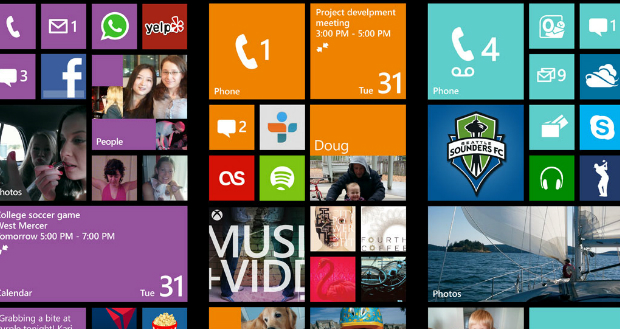Three hundred participants from 66 countries attended the World Association of Newspaper’s (WAN) sixth World Young Reader Conference in Buenos Aires, Argentina.
Presentations from industry leaders showed what the world’s most innovative newspapers are doing to capture their loyalty.
Among the presenters was Lynn Cahill, Newspapers in Education (NIE) manager for the West Australian. Cahill described a variety of NIE initiatives used by the West Australian, including serialised stories, with chapters published week-by-week; a creative writing project that uses newspapers as the source of ideas; and weekly online worksheets for using the newspaper’s travel pages in “passport to the world” exercises.
The importance of this work cannot be underestimated, says Cahill, who quoted a Newspaper Association of America study of the impact of student involvement with newspapers on adult readership.
“This research found that young adults who remember using the newspaper in school are more likely to develop lifelong readership habits than those who say they had no exposure to newspapers in school, according to this study of 1500 18-to-34-year olds.”
The conference challenged the conventional wisdom that young people are exclusively loyal to electronic media and examined the wide variety of ways newspapers attract young people, in large markets and small, rich and poor.
WAN education and development director, Aralynn McMane said the conference looked at Newspapers in Education programmes, special sections and supplements, games and quizzes, literacy programmes, integration of digital and paper media, total ‘youth think’, and many other strategies.
“At the World Association of Newspapers, we believe that whatever newspapers are doing in this area is valuable,” said McMane. “There is no single approach. Even if a newspaper can only afford to do small things, they are worth doing.”
The Paris-based WAN, the global organisation for the newspaper industry, represents 18,000 newspapers; its membership includes 72 national newspaper associations, individual newspaper executives in 102 countries, 10 news agencies and nine regional and world-wide press groups.
Comment below to have your say on this story.
If you have a news story or tip-off, get in touch at editorial@sprinter.com.au.
Sign up to the Sprinter newsletter


